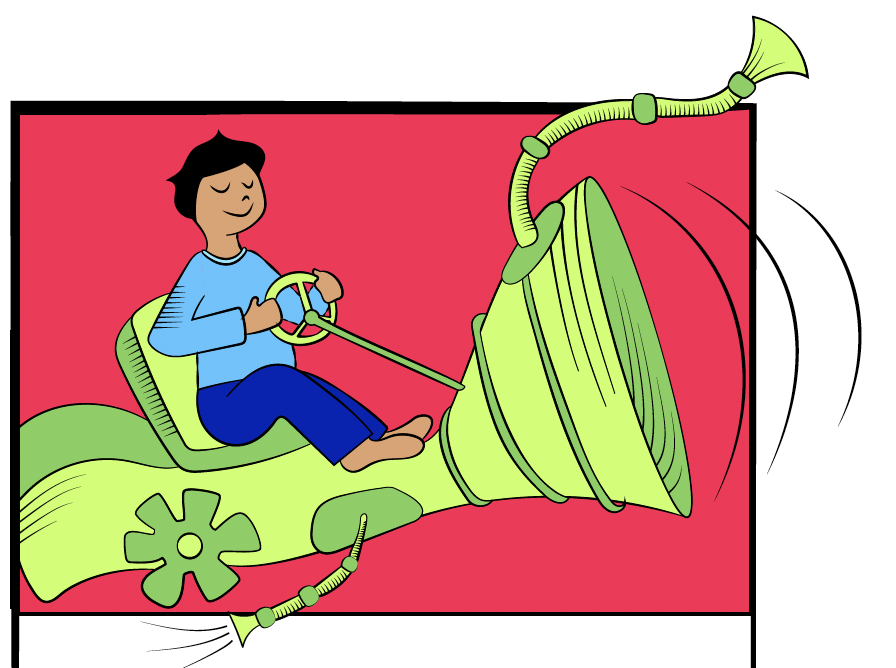If you’re going to innovate, you need to have a place to do it and the people to do it with.
The city of Philadelphia has a robust Public Technology and Innovation team within its Office of Innovation and Technology. It was one of the first cities in the nation to form such a unit.
The team builds out the city’s capacity to innovate by exploring several areas of community and workforce. Digital equity is one of the team’s major projects, as it looks to connect households with digital access, devices, resources and training. It also works to transform Philadelphia into a smart city and has created Permit Navigator, an app that walks residents and businesses through zoning considerations, cost estimates and permit possibilities.
Andrew Buss, Deputy Chief Information Officer (CIO) for Innovation Management, and Innovation Manager Tara Woody offered their wisdom about how to implement innovations and keep momentum going.
Build Capacity Through an “Innovation Ecosystem”
That’s what they call it in Philadelphia, where training programs for city employees complement funding opportunities, technology strategy, modernization efforts and more. Woody reported that more than 150 city employees graduated from the team’s Innovation Academy over the past several years, applying what they’ve learned about design thinking within their individual units. The Academy partners with Jefferson University to offer the eight-week training annually to 20 employees, ideally from 20 different city departments. Additionally, the team’s Innovation Consulting unit provides workshops for city departments and other organizations.
Have Clear Roles in Innovation
Busser says his team is successful because there are people whose responsibility is innovation, with both stakeholders or director-level positions and boots-on-the-ground creators and implementers. It’s not an end-of-the week tack-on to regular duties; it is the duty.
“You do need those designated people,” said Busser. “We could not be doing this work unless we had specific people with innovation in their titles who are driving it. They are the ones establishing the framework and managing the process.”
Remember the Lifecycle Process
Rome wasn’t built in a day, and neither was a functional city app. The different stages —initiating, planning, executing, evaluating and closing — are all going to take a certain amount of time and have their own substages and steps forward (and sometimes back.) Outside vendors may be involved, and you’ll have to account for their processes. During planning and pilot periods, it’s important to keep communication flowing internally and externally.
Start Small and Work Iteratively With the Community
Pilot programs should start at a very manageable scale, but they have a big role to play. They’re an opportunity to collect valuable feedback on the way something works, or the way it doesn’t. It’s a chance to reevaluate the problem that’s being solved, to get to the root cause. And it’s a chance to connect with the community that should benefit from the innovation, as well as with colleagues who can help implement and evaluate it before you scale up to a larger model.
“Part of innovation is just trying new things,” said Woody. “It could be something on a small scale first, and then it can grow, but it has to start somewhere.”
Prepare for Innovations to Become Ongoing Programs
Naturally, innovations don’t stay in the innovation space. The innovations of today are the operations of tomorrow. As they make that transition, continue looking for ways to keep changes fresh and functional while at the same time looking for new possibilities. “Evolve the work and make it relevant,” advised Busser.
In building an innovation space and an innovation network, the more touchpoints, the better. Innovation isn’t just for one person or one team — instead, it should be shared among departments and involve constituents as well, so that it’s part of the overall civic culture.
This article appears in our guide, “How to Change Things Up (and Make It Stick).” To read more about ways to innovate successfully, download it here:
